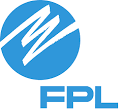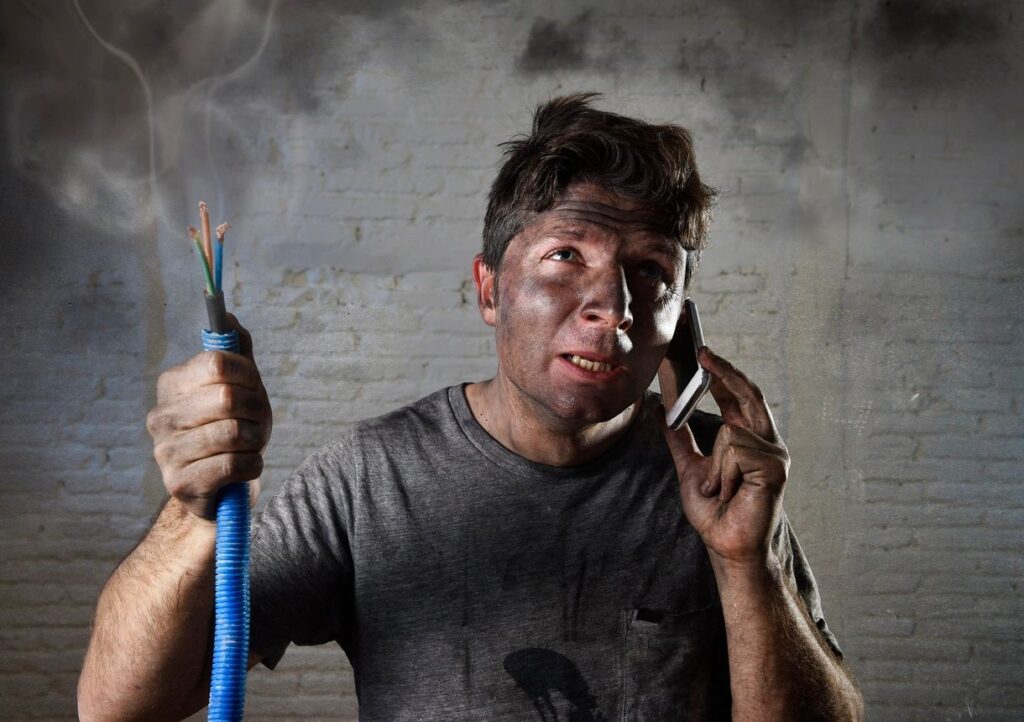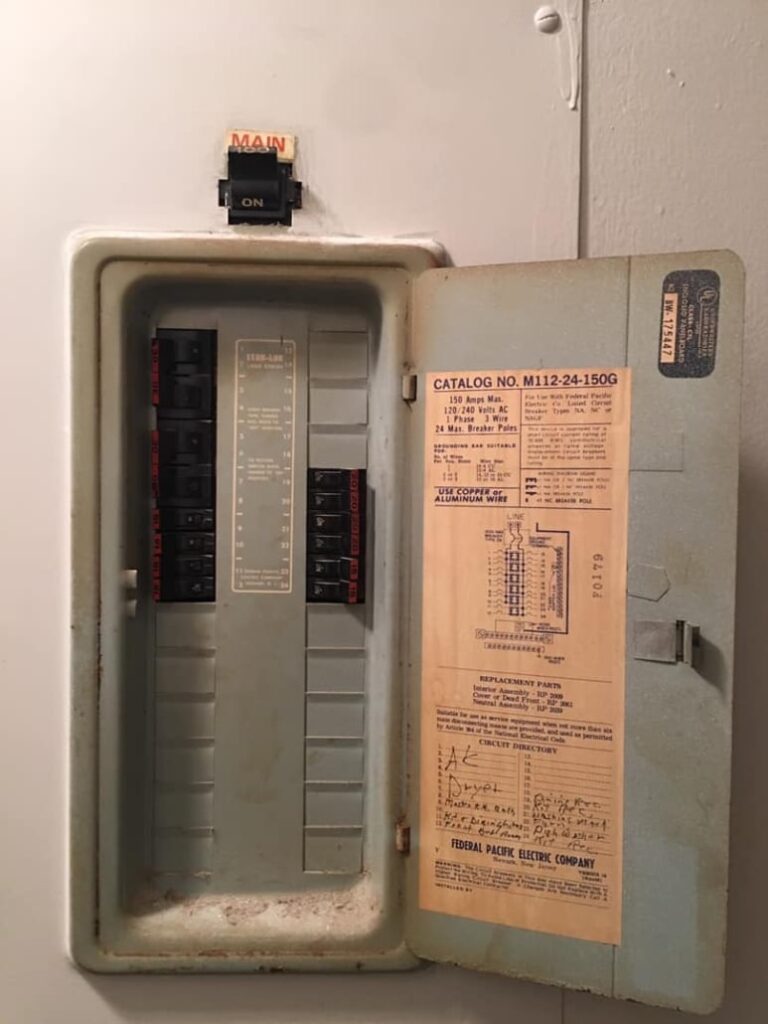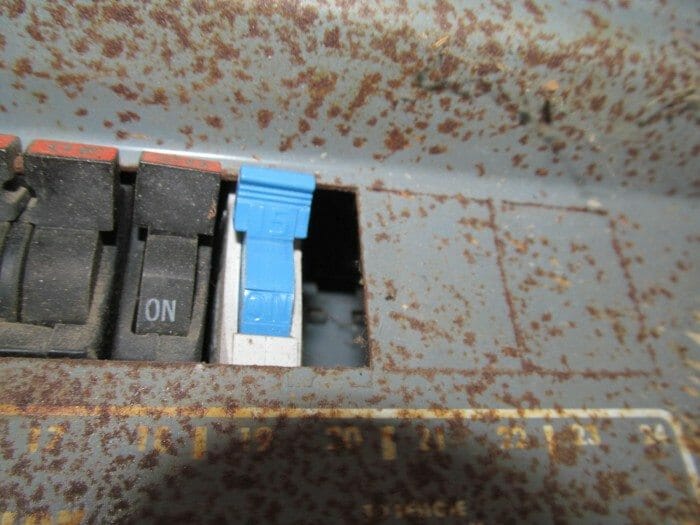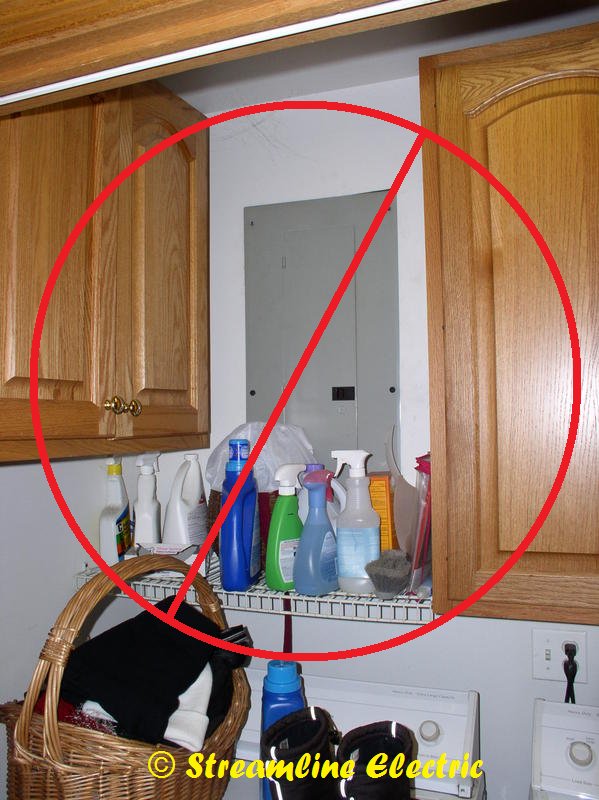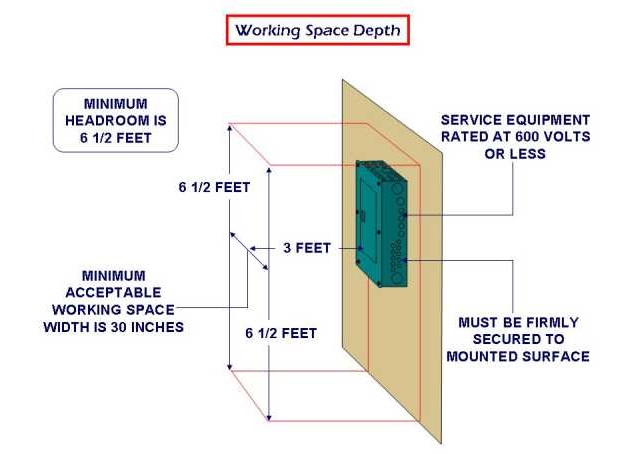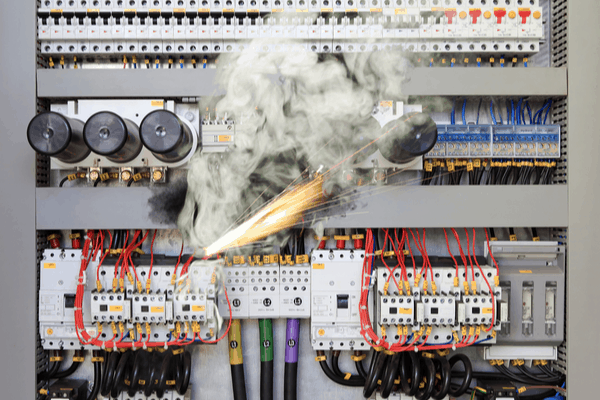So you got a letter from FPL. There are many things it could be about, but the most common is that they came to inspect your meter and found a problem with it. Depending on the age, what type it is, and what the actual problem is, there can be several solutions. Let’s go with a problem we actually resolved recently: A customer was told by Florida Power & Light that when they removed the meter can, the “jaws” that hold it in place broke due to age. This equipment, although they are the only ones that really touch it, belongs to you, the homeowner. This means that when something happens to the meter can (or other outdoor equipment attached to it), it’s your responsibility.
In this particular case, FPL was kind enough to apply a device that would allow the homeowner to still have power. Then, they gave our client a set amount of time to have it fixed. The client called us, as we had done work for them before. A short visit told us everything we needed to know. We applied for a permit soon thereafter. However, there was a bit of a wait while the city processed the paperwork. In the meantime, we prepared the equipment we would need. This is where it became handy to have a bit of time allowed from FPL to have it done.
Finally, it was time. We installed a new meter can and an inspection was scheduled with the building department and FPL. The client was happy, FPL was happy, the city was happy, and we were happy. Drinks all around! (Just not near the electrical equipment) And this all started with a little letter from FPL!
So what if it’s something dangerous? Let’s say Florida Power & Light has issued a notice stating that there’s a problem. Because it must be repaired in order to avoid service interruption, then a serious issue must have occurred and needs to be addressed. Rusted out service lateral conduits, or otherwise unsafe or improper installations are other common problems. And of course, we already talked about the broken meter jaws.
Again, we will review the documentation that you’ve received and take the appropriate course of action. Our main goal is to get you back up and running as quickly -and safely – as possible. We are very familiar with the processes for obtaining the necessary permits. And of course, communicating, coordinating, and scheduling of FPL for disconnection and reconnection of power when necessary. Also, an inspection by the building department is usually required.
If you’ve received a letter from FPL about hazardous equipment and/or a possible disconnection due to faulty equipment, give us a call. The consultation won’t cost you anything, and we make the process as Streamlined as possible!
Disclaimer:
We take great care to provide the most accurate information on this post. However, all content is for informational purposes ONLY and should be considered as general knowledge or even entertainment. It should not be relied upon, as every case and/or reader is different.
ALWAYS call and check with a qualified electrician before attempting anything you may have read on this site. Changes are always happening within the NEC, Standards and Regulations, and State, County, and City by-laws.




